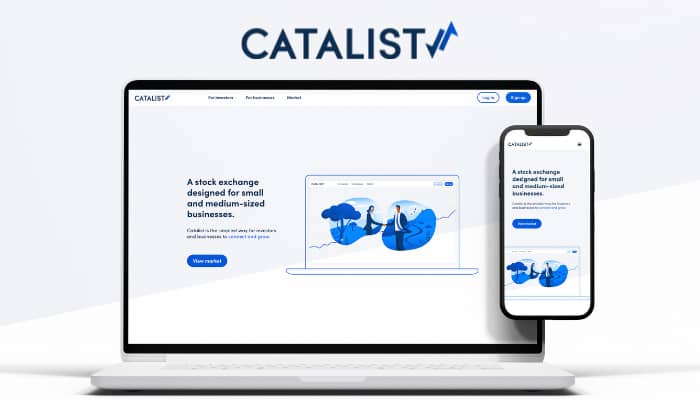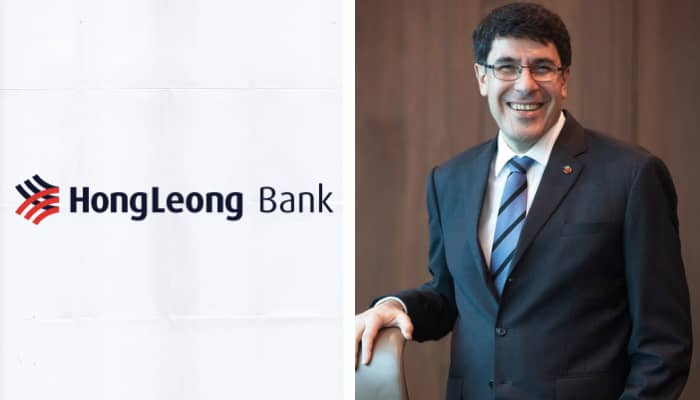Auckland, New Zealand – In a move to cater to small and medium enterprises (SMEs) in the country, stock exchange platform Catalist has announced that it has now acquired a license to open a public market for SMEs who are too small to be indexed by the New Zealand’s Exchange (NZX).
Previously operating under the private investment sector, Catalist’s platform is designed to raise up to NZ$20m a year from the public.
Catalist’s public market targets SME listings with an initial value of between NZ$6m and NZ$60m – considerably lower than what would be expected for a traditional stock market listing.
According to Colin Magee, CEO at Catalist , the green light to start trading with retail investors came after the Financial Markets Conduct (Catalist Public Market) Regulations 2021 were passed late last month.
Catalist has worked on the licence and legislation with the Ministry of Business and Innovation (MBIE) and the Financial Markets Authority (FMA) over the past two years to simplify the public listing process, creating a considerably lighter regulatory environment
“SMEs make up a majority of New Zealand businesses, so there’s a real need for those with growth potential to have better access to capital, and equally for investors to have better access to SME investments, to increase economic growth and job creation. Catalist’s public market means smaller businesses can now access public investment, with significantly lessened costs and administrative burdens – and without compromising investor protections,” Magee stated.
He also added that they are already working through the listing process with a number of businesses – and investors can sign up for an account on their website, so they can trade when there’s an auction running.
Differing from a traditional stock exchange, Catalist uses regular auctions, rather than continuous trading, allowing for fairer pricing and increased liquidity for financial products that don’t trade very frequently – often the case with smaller businesses.
Regular auctions also allow for alternative disclosure provisions, a key difference with Catalist’s new market, where businesses only disclose information for each auction, rather than continuously.
Magee explains that traditional stock markets don’t work for SMEs because the costs, time spent on compliance, continuous disclosure obligations and focus on short-term share price get in the way of day-to-day operations and focusing on the long-term health of the business.
“In the past, we’ve seen growth markets, such as NZX’s ‘NXT’ take a traditional continuous trading approach and fail to meet the needs of SMEs. We’ve taken the learning from that and use periodic trading and disclosure instead, which has proved successful in other jurisdictions. Investors can now access well-regulated investment opportunities in SMEs, where they can be confident in the standard of information they receive,” Magee added.
The platform will act as a stepping stone for these registered SMEs to slowly transition into the traditional stock exchange, such as the NZX.








